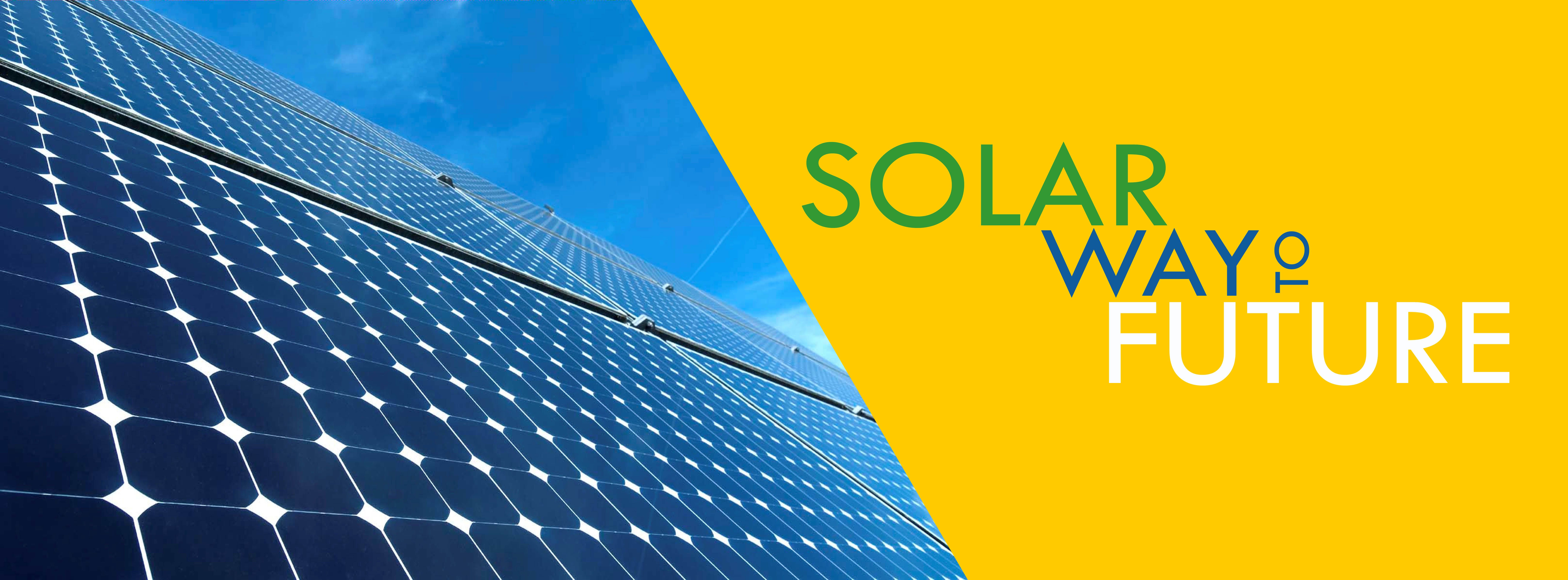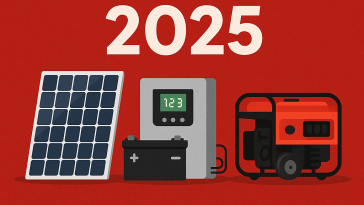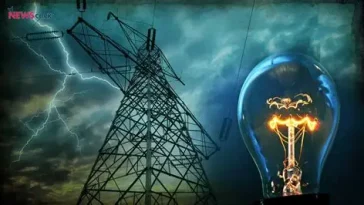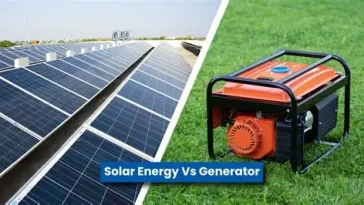In a country where power outages have become a frustrating part of daily life, Nigerians are increasingly looking for reliable alternatives to keep their homes and businesses running. While generators remain common, the future of sustainable, cost-effective energy lies in solar power systems and inverters. These technologies are not just environmentally friendly — they are also economically smart, long-lasting, and surprisingly easy to maintain.
Why Nigeria Needs Smarter Power Solutions
Electricity supply in Nigeria is unstable. Between sudden blackouts and skyrocketing fuel prices, relying solely on the national grid or generators is no longer practical. Nigerians are turning to alternative power solutions that guarantee consistent energy without recurring fuel costs or heavy maintenance.
This is where solar energy and inverter technology come in. Whether you’re a homeowner tired of dark nights or a business owner in need of 24/7 uptime, these solutions offer dependable energy that fits the Nigerian lifestyle.
What Is a Solar Power System?
A solar power system captures energy from the sun using photovoltaic (PV) panels. That energy is converted into electricity and stored in inverter batteries, which then power your appliances during both the day and night.
Components of a Standard Solar System:
-
Solar panels (monocrystalline or polycrystalline)
-
Charge controller
-
Inverter
-
Battery bank
-
Mounting system and cables
How Inverters Work in Nigerian Homes
An inverter converts DC (Direct Current) power from solar panels or batteries into AC (Alternating Current) — the form of electricity your home appliances use. In a solar setup, it functions as the heart of the system, ensuring you can run everything from TVs and fans to refrigerators and air conditioners.
Even without solar panels, many Nigerians use standalone inverters that store electricity from the PHCN grid and serve as backup during blackouts.
Benefits of Using Solar Systems and Inverters
1. Cost Savings in the Long Run
Although the initial investment may seem high, solar systems dramatically reduce — or even eliminate — your monthly electricity bills. You’ll also avoid ever-increasing fuel costs.
2. Zero Noise Pollution
Unlike generators, inverters and solar systems are completely silent. You can finally enjoy your sleep without the rattling noise of an engine.
3. Low Maintenance
Once installed, these systems require very little upkeep. Occasional battery checks and panel cleaning are all that’s needed to ensure long-lasting performance.
4. Eco-Friendly
Solar systems reduce your carbon footprint. By using the sun’s natural energy, you’re playing your part in fighting climate change.
5. Government and Private Incentives
Many Nigerian states and organizations now offer financing and subsidy programs for solar installations — making these systems more affordable than ever.
Who Needs Solar and Inverter Solutions in Nigeria?
✅ Homeowners: Power your entire household, including lights, fans, TVs, fridges, freezers, and even air conditioners.
✅ Small Business Owners: Barber shops, pharmacies, boutiques, and offices can run on solar without interruption.
✅ Schools and Churches: No more disruptions during classes or services.
✅ Rural Areas: Off-grid communities can now enjoy 24/7 electricity without waiting on government infrastructure.
Choosing the Right System for Your Needs
Before you rush into buying a solar system or inverter, here are factors to consider:
🔹 Power Load
Calculate the total wattage of all the appliances you want to power. This helps you determine the required capacity (in KVA or kW) of your inverter.
🔹 Battery Size and Type
Go for deep-cycle batteries with a high amp-hour (AH) rating. Lithium-ion options are more efficient but costlier than lead-acid batteries.
🔹 Solar Panel Output
Make sure your panel capacity matches your power needs. Typically, 300W–500W panels are ideal for Nigerian homes.
🔹 Inverter Type
Choose between pure sine wave (best for sensitive electronics) or modified sine wave inverters (more budget-friendly).
Top Solar & Inverter Brands Trusted in Nigeria
When shopping, make sure you go for reputable brands with good warranties and solid after-sales service. Here are some that are highly rated:
-
Sukam
-
Luminous
-
Felicity Solar
-
BlueGate
-
Mercury
-
Genus
-
KSTAR
-
Growatt
Installation Tips and Mistakes to Avoid
-
Always hire a certified installer.
-
Avoid undersizing your system — it won’t carry your load.
-
Don’t mix battery brands or ages.
-
Install panels in areas with direct sunlight, usually rooftops.
Final Thoughts: Is It Time to Go Solar?
Absolutely. Whether you’re running a household or a business, Nigeria’s current power reality demands a smarter, cleaner, and more sustainable solution. Solar systems and inverters offer that — and more. With a bit of planning and the right setup, you can forget about fuel queues, NEPA blackouts, and noisy generators for good.





 No products in the cart.
No products in the cart.